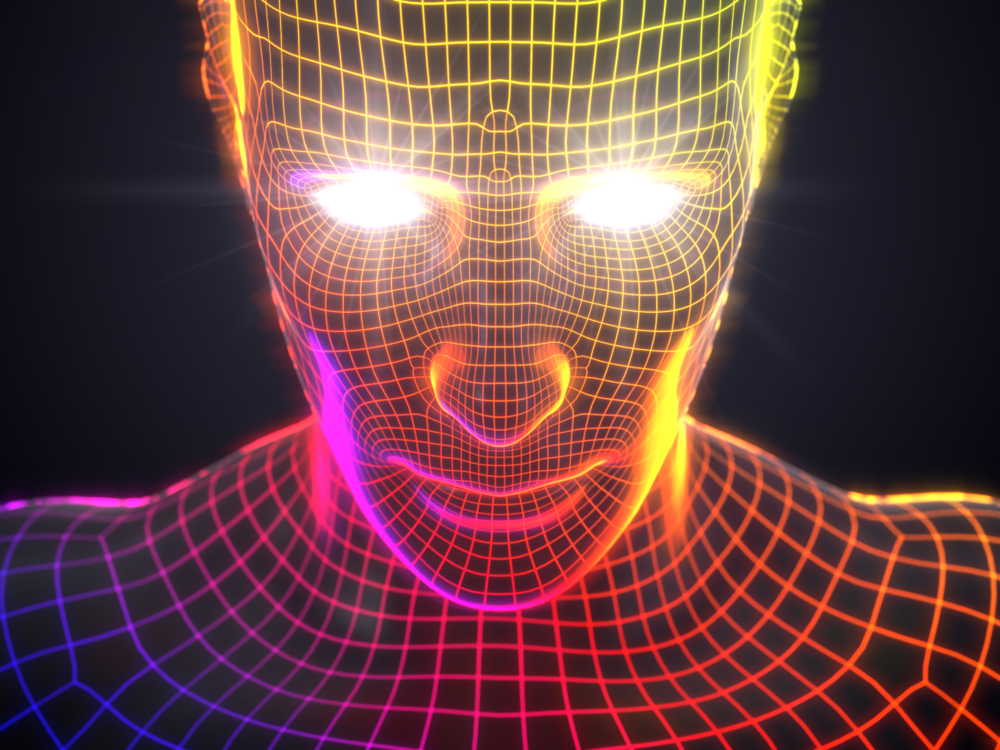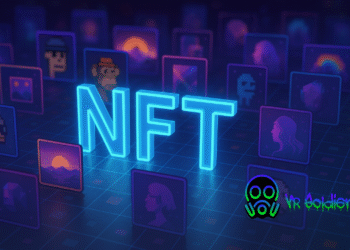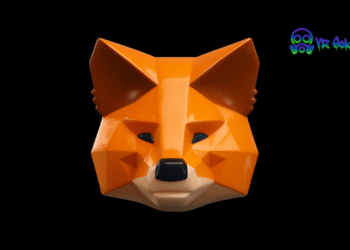There are many aspects of virtual reality which can be improved upon in the coming years. That is only normal for such a relatively new technology. One thing Facebook and Oculus are exploring right now is the concept of realistic avatars. Whether that is is something users really want, remains to be seen.
VR Avatars Will Undergo Changes
There is a very real case of avaddiction taking place in the world of virtual reality. Consumers all over the world are quite attached to these virtual avatars It is expected this relationship may take on some worrisome psychological traits in the future. Facebook and Oculus want to take the concept of VR avatars one step further.
More specifically, the social media giant wants to make VR avatars as realistic as possible. So much even they tout the term “photorealistic avatars”. This goal is to be achieved by transporting users’ physical self into the virtual world. This avatar creation technology has apparently been under development for several years now.
One could argue VR avatars can benefit from showing more emotions and “realistic” features. With VR technology evolving at a rapid pace, personalization will play a growing role of importance. Even so, we are still years, if not decades, removed from life-like avatars compared to the current cartoonish versions.
The bigger question is whether or not consumers want more realistic avatars. The appeal of such a virtual identity is how people can hide behind it whenever they feel like. If that option were to be removed, users may respond to this development in an adverse way. It is still an option worth exploring, but for now, consumers shouldn’t expect photorealistic avatars anytime soon.
Header image courtesy of Shutterstock
If you liked this article make sure to follow us on twitter @thevrbase and subscribe to our newsletter to stay up to date with the latest VR trends and news.












